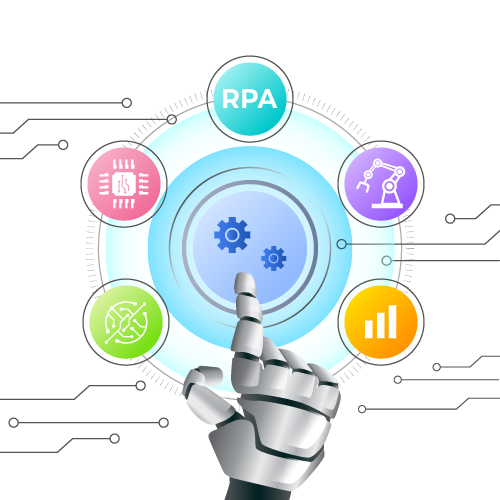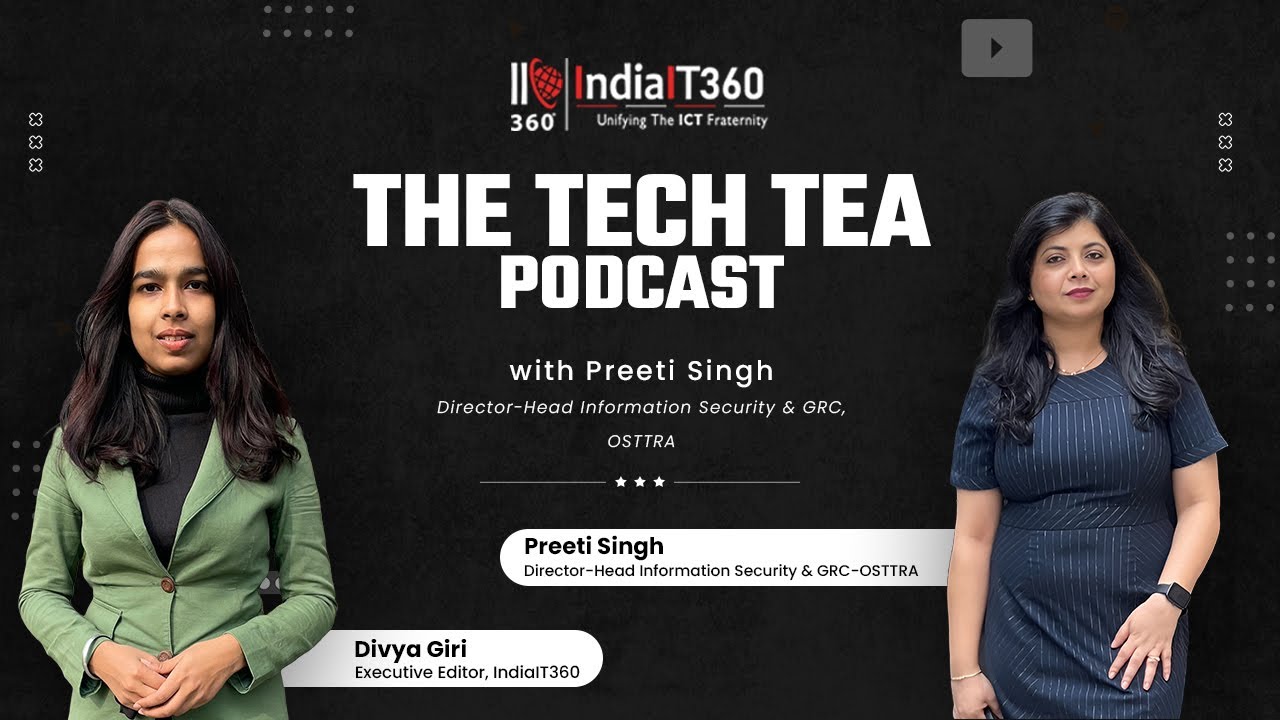Digital literacy is a cluster of basic skills that are essential to navigating the information technology network
Digital literacy is a combination of both technical and cognitive abilities. It’s not just a skill, it’s a necessity as digital technology increasingly influences every area of our daily lives. Technology is transforming you.” And there is almost no field where digital technology has not had an impact. As a result, youth must be digitally literate.
–Sandeep Pandita, CIO/ Head Of Information Technology at Hero Steels Limited
Digital literacy is a combination of both technical and cognitive abilities. It’s not just a skill, it’s a necessity as digital technology increasingly influences every area of our daily lives. Technology is transforming you.” And there is almost no field where digital technology has not had an impact. As a result, youth must be digitally literate.
–Sandeep Pandita, CIO/ Head Of Information Technology at Hero Steels Limited
What is digital literacy and why does it matter?

Digital literacy is a person’s ability to perform various tasks in a digital environment. It involves locating, evaluating, and creating content using technology and communicating effectively with others. It is a set of essential skills to help navigate the information technology network that is critical to the functioning of today’s society. It’s a form of acquiring the skills you need while living, learning, or working in a world where communication and assessing information are attained through digital technologies such as social media, mobiles, and other digital devices. Furthermore, increase your critical thinking skills by using the information on various digital platforms. While using such technologies, you will come across several formats for evaluating, searching, applying, and creating information, and all this is possible when you can think critically. It requires many other skills to proceed with further digital situations, such as communication, practical skills, and tools useful for learning. The correct application of technologies in digital literacy improves people’s quality of life, allowing them to be more productive and efficient at work while developing interactive capabilities through different virtual environments.

Technology has also been a major factor in driving changes in the modern workplace. As a result, various new job duties, expectations, and ways of communicating through digital platforms are becoming part of everyday life in all sectors. Digital literacy today is a bit more important. Digital skills have evolved into basic life skills as a result of the use of smartphone apps that allow customers to purchase goods with the click of a phone. In our age, digital literacy entails a person’s ability to find and comprehend information online, as well as transform that information into meaningful, shareable content. While talking about communication, is a key feature of digital literacy. Whenever you communicate in a virtual world, you might struggle to express your ideas to others.
Thus, it is considered the main aspect of delivering ideas and feedback. Also, it is essential for personal queries such as asking questions in a meeting, respectably maintaining the forum, and creating information morally and sustainably. However, the learning process never stops due to continuous updates, but you will be versed in future technologies.
As an IT leader, what are your views on digitally upskilling youth in the post-COVID era?
As an IT leader, the most important benefit of upskilling the youth is that it will help them to improve and stay productive to deliver a better outcome by fulfilling their organizational goals. Many studies have shown that training your existing employees saves more money than hiring new ones. And, in the post-COVID era, digital technologies are rapidly adapting, resulting in an increased demand for digital skills in areas such as cloud, cybersecurity, AI, data RPA, and so on. But also for talent who are comfortable with new ways of working.

As a result, upskilling can assist youth in bridging skill gaps through contentious professional development and learning new feature sets. Learning and updating with new skills that are critical to staying connected with emerging business trends and practices helps personal and professional environments and organizations stay competitive in the market. And this upgrade in youth will help in education enhancement, reduce unemployment, and promote socioeconomic development. Also, young people will be equipped with a range of technological skills and affordable connectivity access with career growth. How can the youth be digitally empowered? What kind of exposure and engagement opportunities in the educational curriculum can educational institutes implement to raise the interest of youths in upgrading their digital skills? To empower youth in this digital era, it is important to generate awareness at an early stage. While some institutes are gearing towards this, many are still using the old methods of education. Previously, the curriculum provided only a sense of direction to the youth; the technologies or thought processes used in real life were far ahead of what was taught in school or college.
Now, institutes such as IIMS have started giving their students a year off to try out a start-up, which I think is a fantastic idea to encourage youngsters. Basic digital literacy must be ensured, and educational institutions must also provide courses at an early stage like AI, ML, RPA, etc., which create opportunities for youth to develop skills in fields of rapidly accelerating knowledge, such as robotics, AI, ML, and data science, and, I believe, in a few years, quantum computing. Educational institutions need to be able to give their students the option and opportunity to keep learning and delving into areas of passion. As we can see from previous experiences, the internet has become a primary source of information for children and young people, where they can find anything in seconds while maintaining their rights to freedom and privacy. The role of the internet can be seen as a wide exposure to technology that is expanding globally. As we can see from previous experiences, the internet has become a primary source of information for children and young people, where they can find anything in seconds while maintaining their rights to freedom and privacy. The role of the internet can be seen as a wide exposure to technology that is expanding globally.
On the other hand, schools are planning to continue this technology in the education system, which will provide them with many opportunities in the learning system and allow the students to access knowledge from various platforms. At the same time, they might need to set the timing for screen exposure for teenagers and children.
As an IT leader, what advice would you give to youth considering a career in the technology industry?
What should they know about the industry before starting their career?
What challenges could they face and how do they overcome these challenges?

Digital skills are a basic necessity to simply function in today’s world. One should be passionate and willing to learn, and then he or she will succeed. As a leader, I would recommend going with computer science courses (AI-ML, data modeling, coding, and SAP) and enrolling in a computer science degree with a specialization in said branch of knowledge that piques their interest. I would also advise, though, that, like any field today, this will require a commitment to lifelong learning and continuous professional development. Youth need to know that the pace of change is very quick, with knowledge becoming obsolete in just five years—there will be a need for continuous skill development. However, the intellectual reward is there, the job opportunities are many and continually increasing, and I think there is a tremendous sense of fulfillment in working in a field where your work will have an impact on many, many users, from your workplace to potentially the whole world. Google, Amazon, and Facebook (Meta) have all revolutionized the way we interact and engage with things in our lives. All of these were born out of digital skills coupled with a specific interest. In addition, a framework for measuring and monitoring digital literacy proficiency among adults and youth must be established.
The framework breaks down digital literacy competencies hierarchically:

On a basic level, a person can manage online accounts, passwords, and privacy settings. In the middle are skills like netiquette, managing digital identities, and protecting devices and personal data.

Problem-solving is at the top of the pyramid, recognizing the ability to creatively use technologies and even solve technical problems by identifying needs and gaps—all considered high-level digital competencies.

This separates career-related competencies, defining this level of proficiency as “the knowledge and skills required to operate specialized hardware or software in a particular field, such as engineering design software and hardware tools, or the use of learning management systems.”
Hence, to survive in this digital era, youth will have to be geared up and educated in this area.
Lastly, I would like to say we should be flexible and open to adopting changes because technology is evolving, and always advise the youth to follow their passion and do what interests them. Also, be a good teacher and wish everyone the best on their journey as technology leaders
Written by – Sandeep Pandita – CIO/ Head Of Information Technology – Hero Steels Limited





















































